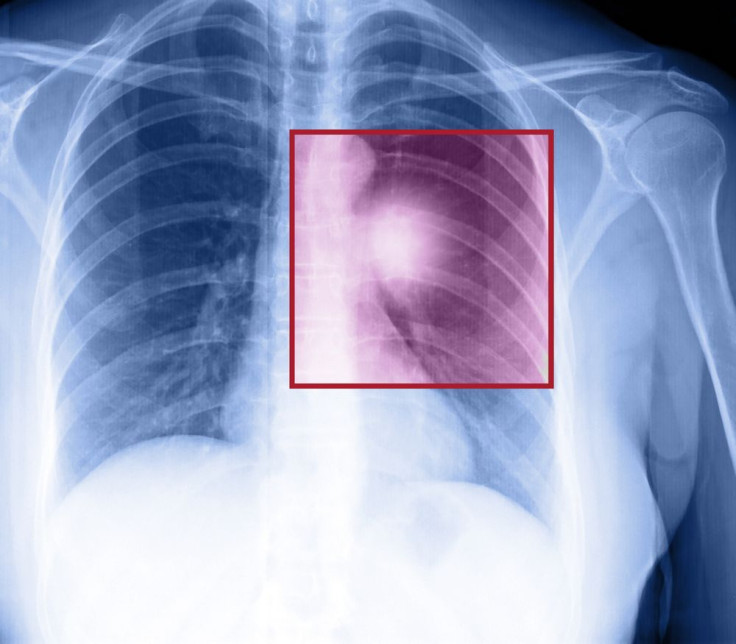Lung Cancer Treatment Drug Cyramza Approved By FDA; Extends Patients' Lives By Months With Minimal Side Effects

The Food and Drug Administration expanded its approval Friday on the drug Cyramza, allowing it to be used for the treatment of the most common form of lung cancer, aggressive non-small cell lung cancer (NSCLC). The drug was found to inhibit the growth of tumors and holds promise to be used in combination with docetaxel, a type of chemotherapy, in order to expand the lives of lung cancer patients.
Today’s FDA approval is expected to save many lives, since the National Cancer Institute estimates that 224,210 Americans will be diagnosed with NSCLC and 159,260 will die from lung cancer in 2014. The most common cause of NSCLC, as reported by the University of Maryland Medical Center, is smoking. It’s believed that quitting during the earliest stages of this cancer will significantly improve a patient's outcome.
According to a recent FDA press release, Cyramza will now be used to treat patients with this specific form of cancer and, when used in combination with other cancer treatments, will help to increase their life span.
“Today’s approval is the third indication that Cyramza has received in 2014,” said Dr. Richard Pazdur, director of the Office of Hematology and Oncology Products in the FDA’s Center for Drug Evaluation and Research in the press release. “The commitment to study Cyramza in a variety of malignancies provides important treatment options to patients.”
In a study consisting of 1,253 participants who had been previously treated for their progressive lung cancer, the results showed that Cyramza can lengthen a patient’s life by a little over a month. Half of those treated with Cyramza plus docetaxel survived an average of 10.5 months from the start of the treatment, compared to an average of 9.1 months for those who received the placebo. Treatment was given until disease progression or the development of adverse side effects.
Of the side effects found to be associated with the use of Cyramza, the most common were a decrease in infection-fighting white blood cells, fatigue, and inflammation of the lining of the mouth. The most severe, although more rare, side effects were: severe bleeding, blood clots, elevation in blood pressure, and impairment in the healing of wounds.
The drug works by blocking the blood supply to the tumor, inhibiting its growth. It’s recommended for use in patients whose tumors have already progressed during or following chemotherapy and is intended to be used in junction with other cancer treatment drugs.
The drug has also previously been approved for the treatment of patients with advanced stomach cancer or gastroesophageal junction adenocarcinoma, a form of cancer that affects the part of the esophagus that meets the stomach.
Correction: The first line of the third paragraph has been revised to read that Cyramza will now be used to treat patients with this specific type of cancer.



























